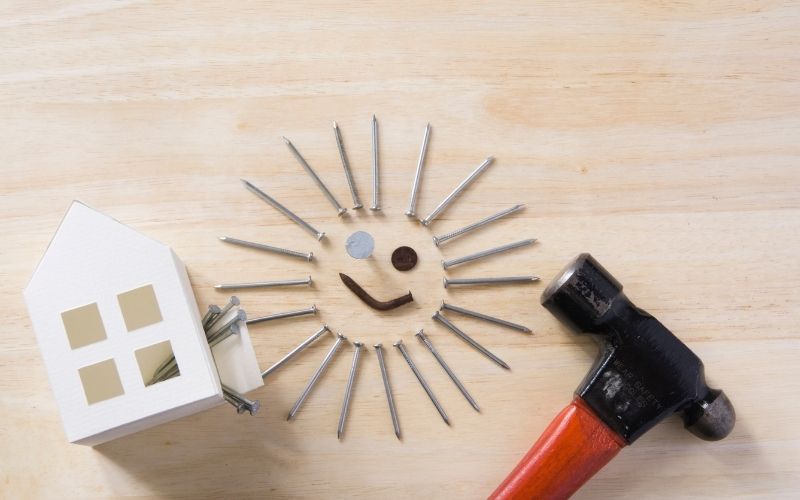Is It Best To Put Down A Large Down Payment, Or Be Agile With Your Savings?
 Putting down the largest sum of money at your disposal might seem like the best way to go when it comes to your mortgage down payment. There is a certain amount of truth to this, but the reality is bigger is not always better.
Putting down the largest sum of money at your disposal might seem like the best way to go when it comes to your mortgage down payment. There is a certain amount of truth to this, but the reality is bigger is not always better.
Ideally, the amount of money you settle on for your mortgage down payment will take into account your monthly budgeting requirements.
The Big Advantages Of A Large Down Payment
Fewer Mortgage Payments: The larger the down payment, the higher the likelihood that you will be able to afford a shorter mortgage. Unlike some of the other benefits of large down payments, ensuring this perk is available to you is solely dependent on whether or not your post-down payment budget will be able to support the necessary payments.
Lower Payment Totals: If you choose to stick to a longer payment plan, each month’s payment will be significantly less than it would have been had you chosen to put less money down up front. Of course, if you choose a shorter mortgage you will be required to pay more.
No Need For Mortgage Insurance: When the down payment is a lower percentage of the purchase amount, lenders will often require clients to apply for mortgage insurance as way to protect themselves in the case that a client defaults on the loan. However, if the buyer is able to make a larger down payment, mortgage insurance can be completely avoided.
Lower Interest Rates: The interest rate on your mortgage is dependent on how much you need to borrow. The more you pay out of pocket, the less money you will have to borrow from a lender. This means the interest rate on the loan will be lower and you will lose less money on the loan overall.
Coping Smartly With A Small Down Payment
Making a larger down payment may not be an option for you in your current financial state. Opting to make a smaller down payment will still allow you to purchase your new home, with a few extra conditions. Higher interest rates and having to take out mortgage insurance are the two primary conditions you are likely to come across.
Once the down payment is made, your main concern becomes making the most of your monthly mortgage payments.
A great coping strategy is to get into the habit of paying off more than the amount due on as many scheduled payment days as possible. Another good strategy is to arrange for an accelerated payment schedule. These small adjustments could help you pay off your mortgage faster, and save you more money as a result.
When settling on a down payment amount, the most important issue to factor into your decision is whether or not you are capable of remaining financially secure after the payment is made.
If a larger down payment is going to dramatically impact your emergency funds, you may want to reconsider. Contact your local mortgage professional to learn more about choosing the most suitable mortgage for your budget.

